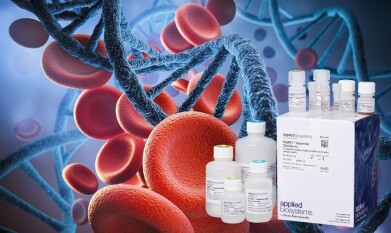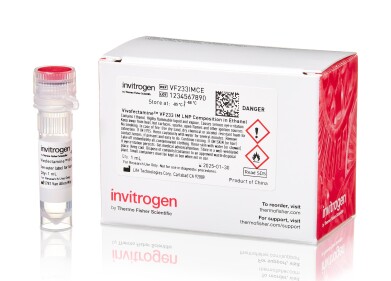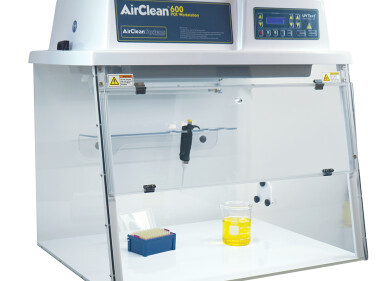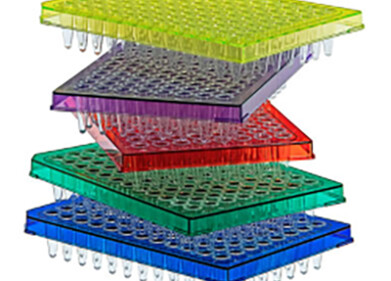DNA / RNA
New DNA/RNA kit advances haematological cancer research
Jan 02 2025
Thermo Fisher Scientific has launched the Applied Biosystems™ MagMAX™ Sequential DNA/RNA Kit, designed to help clinical and translational researchers accelerate and enhance genomic analysis in haematological cancer research. This innovative kit combines DNA and RNA isolation chemistries into a single solution, simplifying sample extraction for a wide range of molecular applications. By integrating two separate workflows into one sequential process, the MagMAX Sequential DNA/RNA Kit accommodates up to 15,000 white blood cells per microlitre without requiring an additional red blood cell lysis step, making it easier for researchers to streamline their procedures and reduce overall costs.
As haematological cancers such as leukaemia, lymphoma, and myeloma account for about 10% of new cancer cases annually, the need for efficient methods to detect genetic abnormalities in these diseases is growing. The Leukemia & Lymphoma Society highlights the increasing importance of research in these areas. The MagMAX kit allows for the effective isolation of both DNA and RNA from blood or bone marrow samples, providing essential insight into the genetic alterations that drive these cancers.
Kevin Lowitz, Vice President of Sample Preparation at Thermo Fisher Scientific, emphasised the value of this advancement: “When researching blood cancer, it’s crucial for scientists to extract the maximum amount of information from limited sample volumes. This product enables the high-quality, sequential isolation of genomic DNA and total RNA, supporting researchers and clinicians with a solution that improves efficiency and preserves precious samples.”
The MagMAX Sequential DNA/RNA Kit is ideal for specialty labs, large health systems, academic medical centres, and pharmaceutical and biotechnology companies involved in personalised medicine, clinical research, and clinical trials. It offers several key benefits, including the elimination of additional steps like manual RNase treatment when separate DNA and RNA samples are required. Automation of the sequential isolation process helps enhance productivity by streamlining workflows, reducing hands-on time, and speeding up time-to-data. The kit is also flexible and scalable, supporting varying sample volumes and throughput needs, all while maximising efficiency and preserving valuable samples. Its compact design allows for easy storage in diverse lab settings.
More information online
Digital Edition
ILM 50.3 April 2025
May 2025
Chromatography Articles - Optimising two-step purification: Key considerations for sample pump setups Mass Spectrometry & Spectroscopy Articles - Detecting pharmaceuticals and their transf...
View all digital editions
Events
May 11 2025 Vienna, Austria
May 13 2025 Oklahoma City, OK, USA
May 14 2025 London, UK
May 18 2025 Brussels, Belgium
InformEx Zone at CPhl North America
May 20 2025 Philadelphia, PA, USA



















